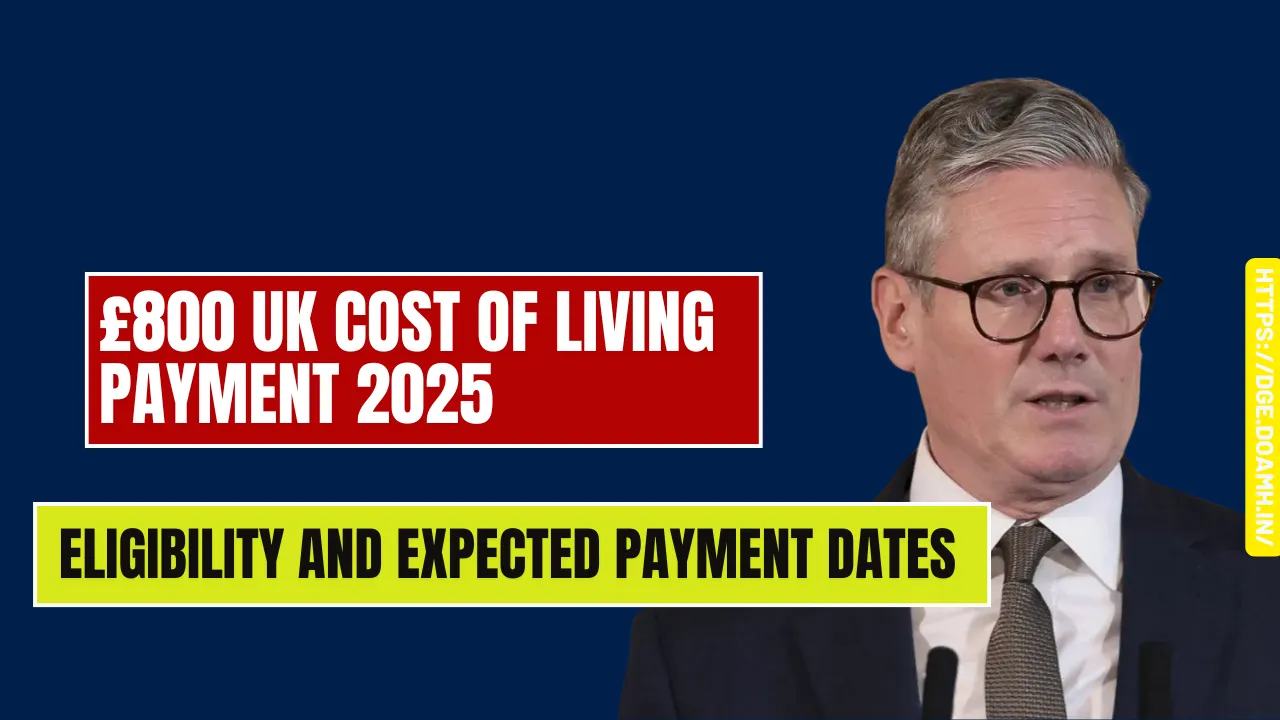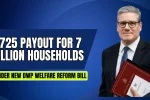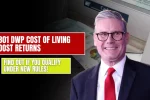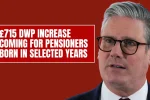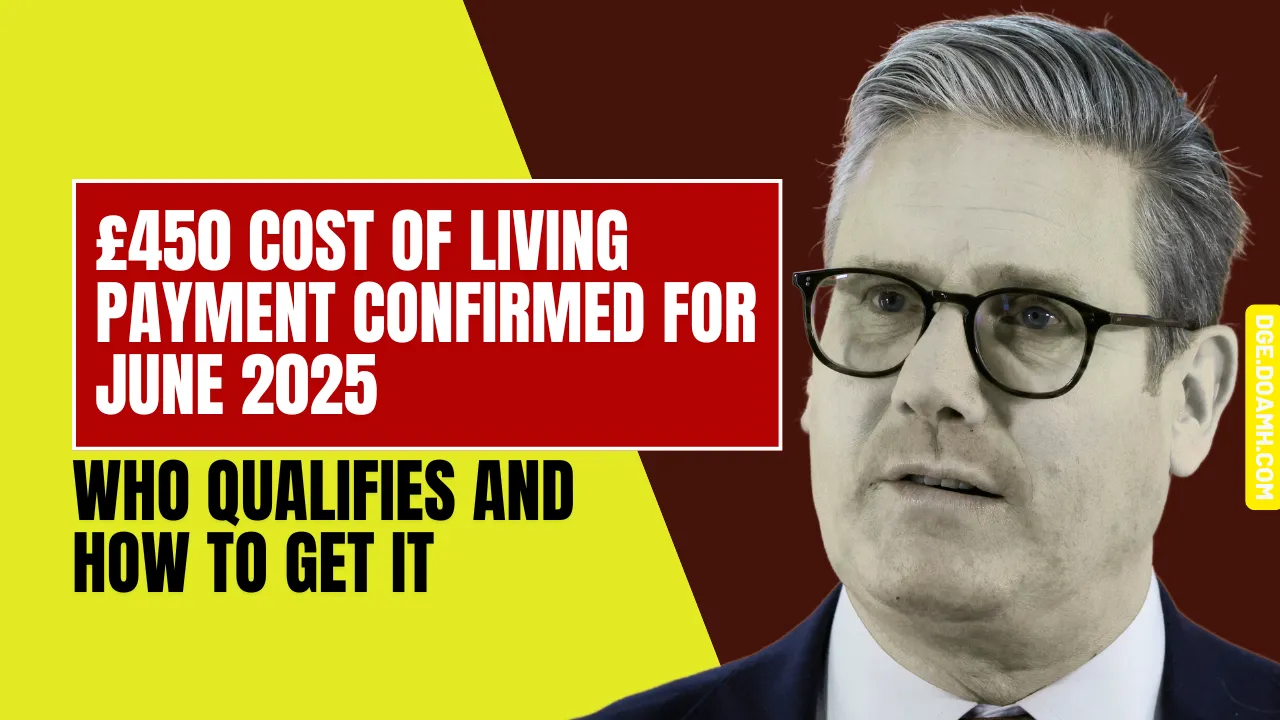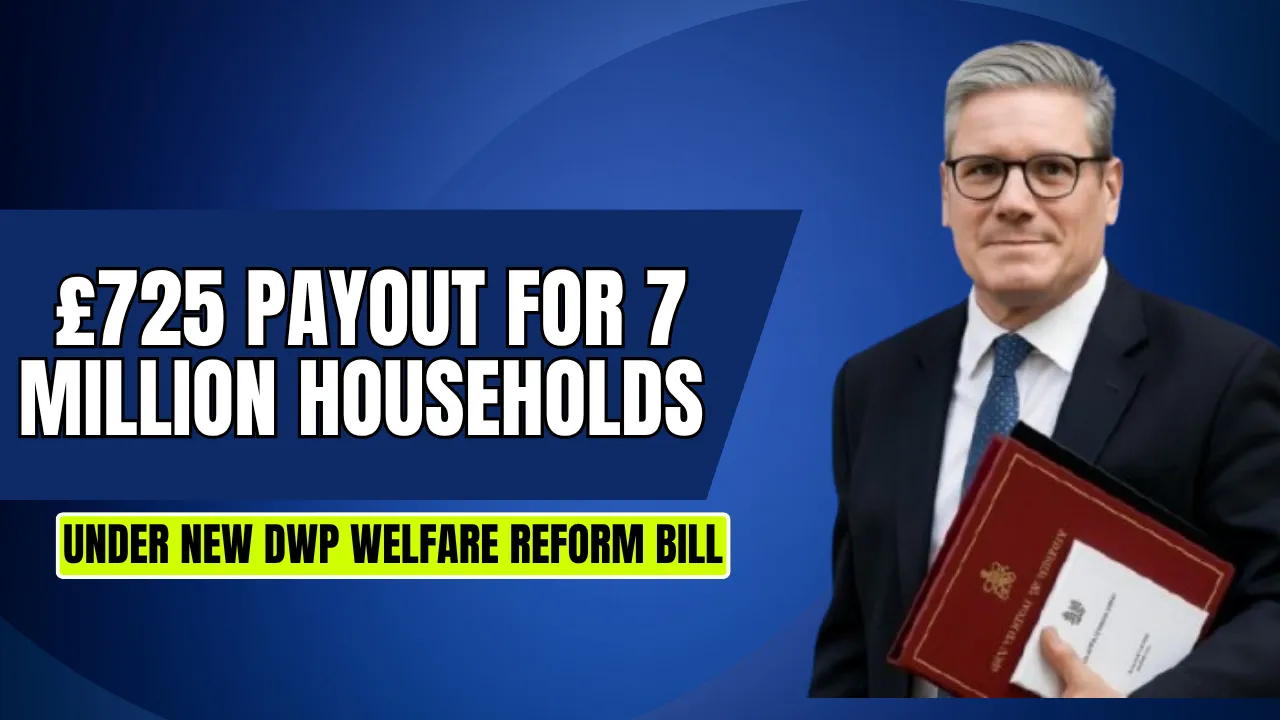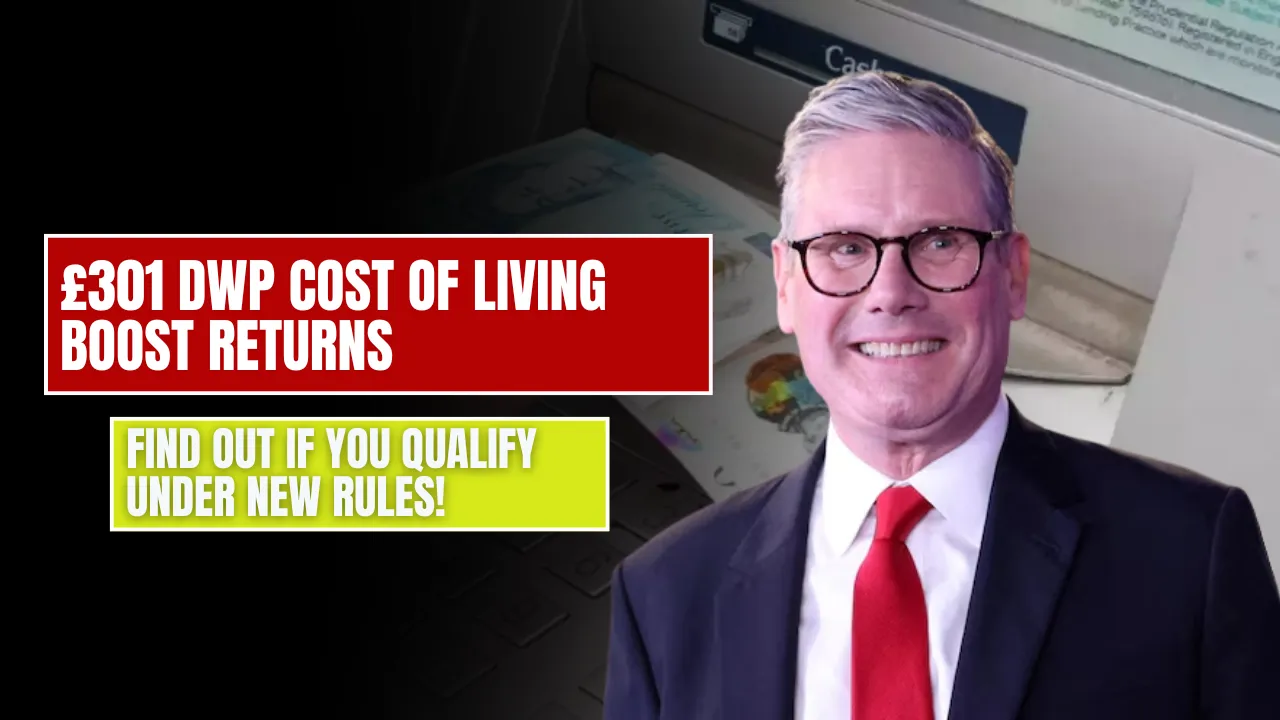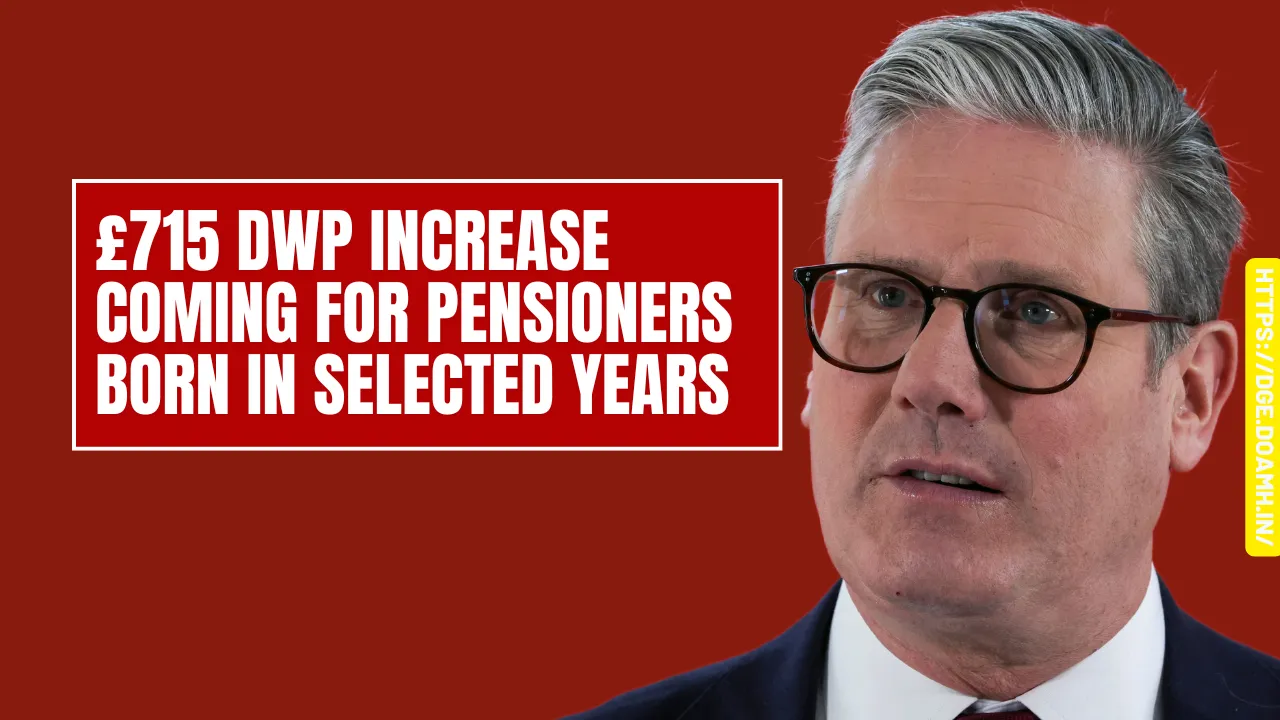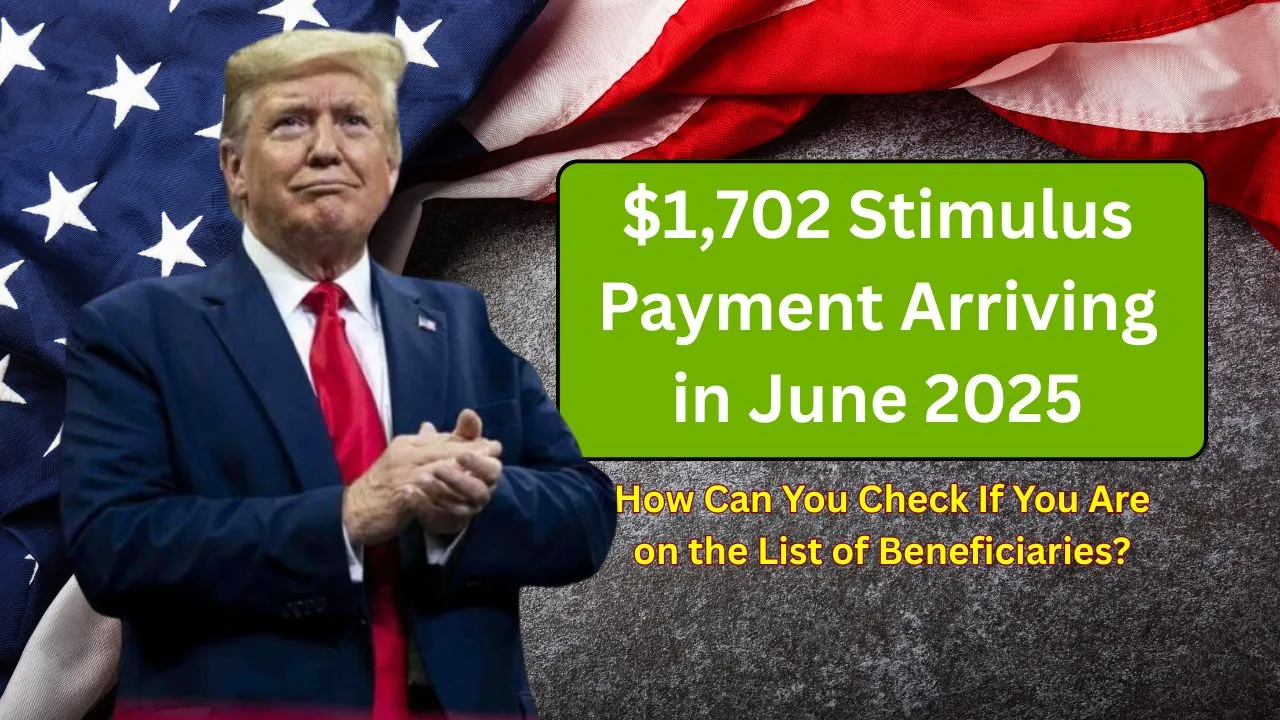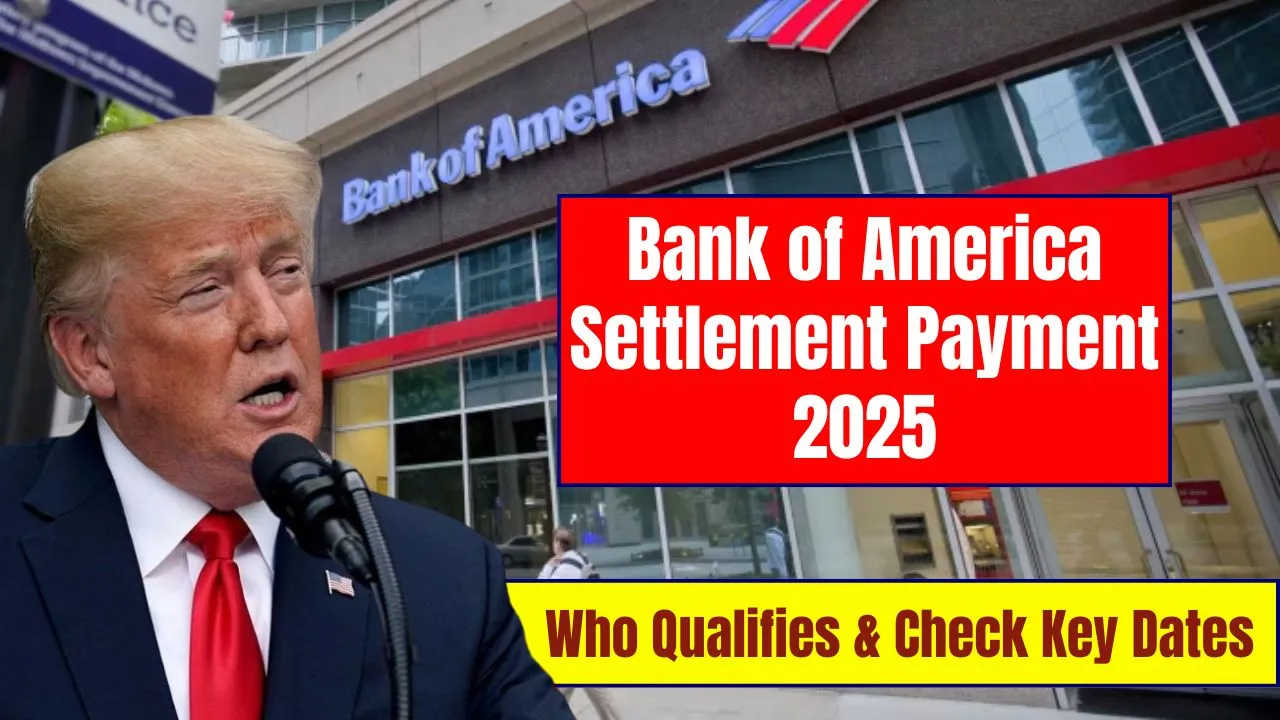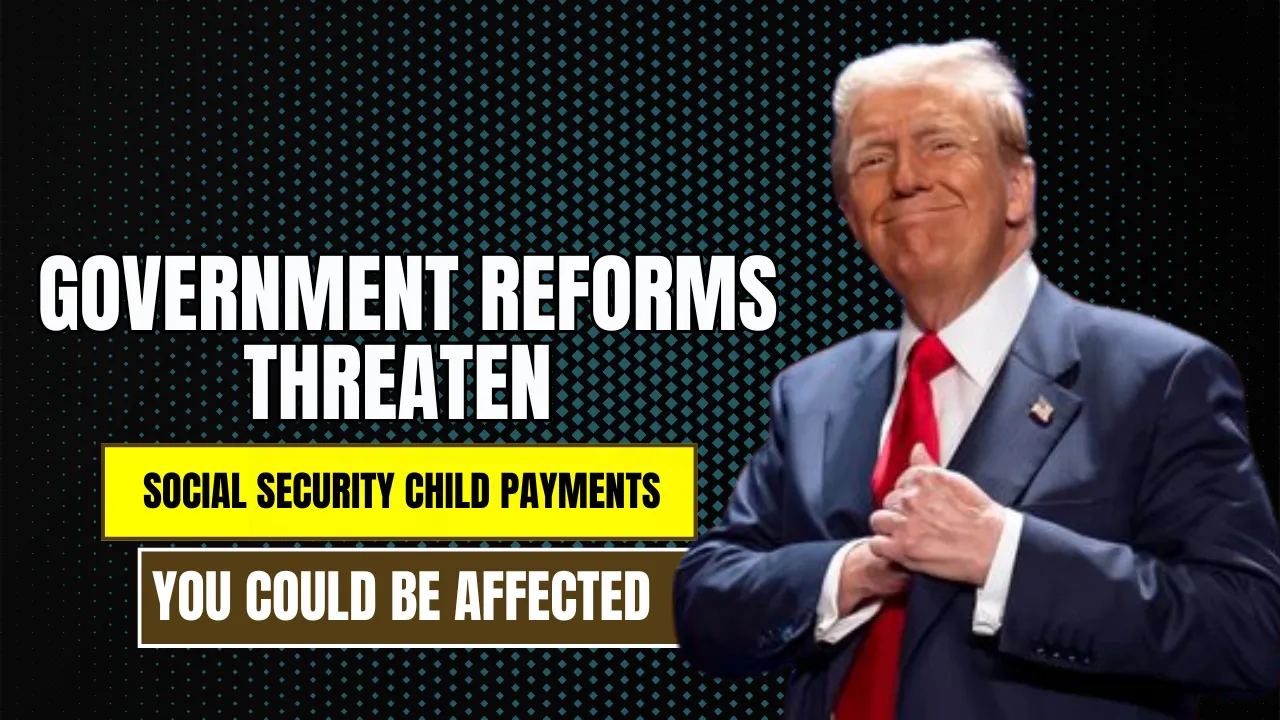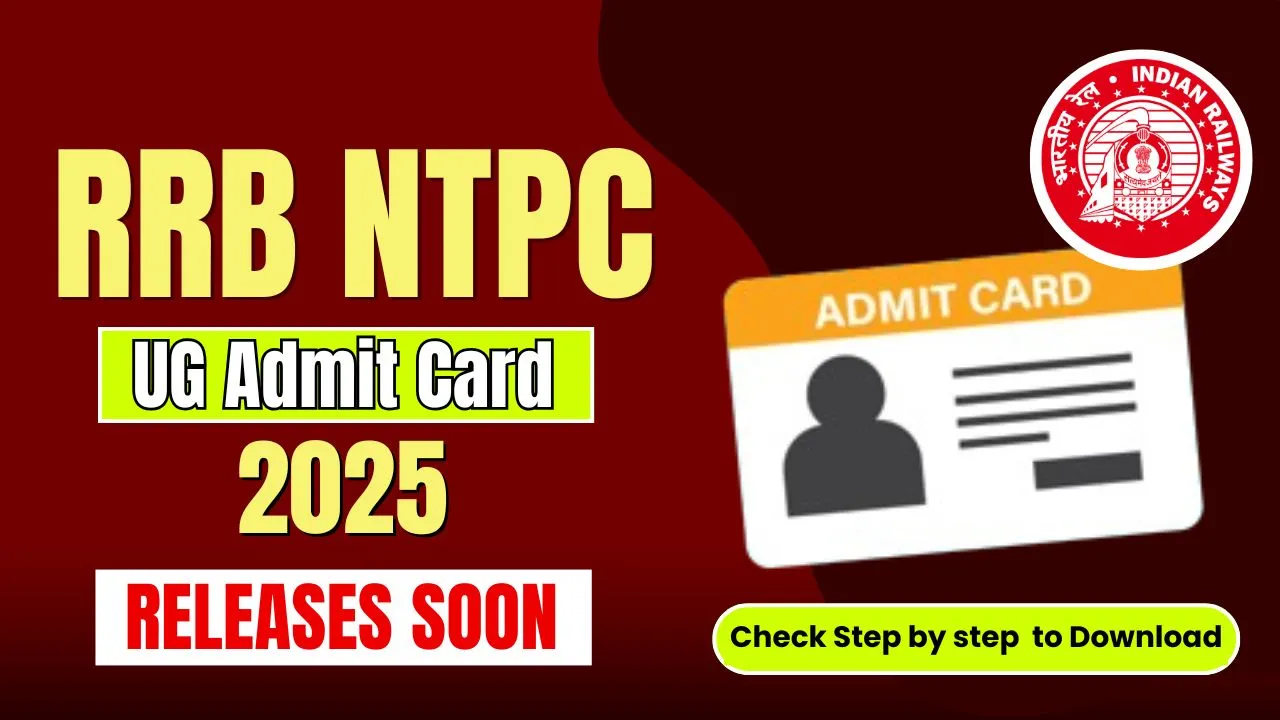With everyday prices on the rise across the UK—especially for energy, food, and rent—the £800 UK Cost of Living Payment 2025 is set to offer crucial financial relief. Aimed at low-income families and individuals, this support is thoughtfully spread over the year to help manage regular expenses. In this article, we’ll explain exactly how the scheme works, who qualifies, when payments will arrive, and what steps you should take to ensure nothing goes wrong.
£800 UK Cost of Living Payment 2025
The £800 UK Cost of Living Payment 2025 is designed to help those most affected by inflation and rising costs. Instead of a one-off boost, payments are divided into three clear installments. Administered by DWP and HMRC, the scheme is automatic for qualifying benefit recipients. You won’t need to apply, but it is important to keep your details up to date. This intentional structure ensures steady support when bills are most pressing.
Overview Table
| Feature | Details |
| Total Payment | £800 divided into £300 + £300 + £200 |
| Payment Periods | May–June, June–July, October 2025 |
| Managing Authorities | DWP / HMRC |
| Qualifying Benefits | Universal Credit (non-zero), Income-based JSA/ESA, Income Support, Pension Credit, Working/Child Tax Credits |
| Additional Disability Support | PIP, DLA, Attendance Allowance, Armed Forces Independence Payment, War Pension Mobility Supplement |
| Payment Method | Automatic, appearing as “DWP COL” or “HMRC COLS” in bank statements |
| Next Steps If Not Received | Check eligibility, update bank details, report on GOV.UK, contact DWP/HMRC |
What is the £800 Cost of Living Payment 2025 Scheme?
The £800 UK Cost of Living Payment 2025 offers financial help to households hit hardest by inflation. Rather than a single lump sum, the total amount is delivered in smaller segments through the year, aligning with peaks in costlier months. This approach helps recipients manage essentials like heating, food, and rent. The scheme is automatically applied—eligible individuals don’t need to apply or fill out forms. This streamlines the process and reduces delays.
Payment Structure and Schedule
The £800 support is delivered in three stages:
- First payment – £300: May–June 2025
- Second payment – £300: June–July 2025
- Third payment – £200: October 2025
Each payment is sent straight into your bank account by either DWP or HMRC. You’ll see entries labeled “DWP COL” or “HMRC COLS,” corresponding to your benefit provider. This makes it easier to track when each part of your support arrives.
Who Is Eligible?
To receive the £800 UK Cost of Living Payment 2025, you must be receiving at least one of the following income-based benefits during the eligibility period:
- Universal Credit (with a positive award)
- Income-based Jobseeker’s Allowance (JSA)
- Income-related Employment and Support Allowance (ESA)
- Income Support
- Pension Credit
- Working Tax Credit or Child Tax Credit
If you are also receiving a qualifying disability benefit—like PIP, DLA, Attendance Allowance, Armed Forces Independence Payment, or the War Pension Mobility Supplement—you may receive this support in addition to the main payment. Note, however, that contributions-based benefits or benefits started after the relevant window will not make you eligible.
How Will You Receive the Payment?
Everything is automatic with the £800 UK Cost of Living Payment 2025. But to avoid hiccups:
- Check your bank details are correct in the DWP or HMRC system
- Ensure your qualifying benefit is active during each payment period
- Keep personal details accurate, including your address and phone number
If your records are accurate, you won’t need to take additional steps to receive your payment.
Ensuring Timely Payment
If you’re expecting the cost-of-living payment but haven’t seen it:
- Review your bank statements during the May–October window
- Confirm you were in receipt of a qualifying benefit during each relevant period
- Use the “Report a Missing Payment” feature on GOV.UK
- Contact DWP or HMRC—either by phone or via your online account—to resolve any issues
Prompt action helps ensure you receive the full amount you’re entitled to.
Understanding the Role of Disability Benefits
If you receive Personal Independence Payment (PIP) or other listed disability benefits, you may qualify for extra top-up payments. These support components include:
- Daily Living Component—for assistance with daily tasks
- Mobility Component—to help with travel needs
Receiving these benefits could make you eligible for the full £800, plus additional amounts, depending on your specific situation.
Helpful Tips to Maximize Your Payment
To make the most of the £800 UK Cost of Living Payment 2025, consider the following tips:
- Prioritize essentials like rent, heating, and groceries
- Use budgeting tools like MoneyHelper or apps to monitor spending
- Avoid high-interest credit by seeking free advice from Citizens Advice or debt charities
- Save in advance for winter energy bills using part of your payment
- Check local hardship support, as council schemes may offer extra financial help
Smart planning can make this payment stretch further and reduce anxiety about future costs.
Why This Matters
The £800 UK Cost of Living Payment 2025 is more than just cash—it’s a strategy to safeguard vulnerable households throughout the year. The approach ensures that help arrives when needed most, without delay or confusion. It helps people stay on top of payments, reduces the risk of falling into debt, and brings some financial relief during difficult times.
Final Thoughts & Call to Action
The £800 UK Cost of Living Payment 2025 is an important intervention in today’s high-cost environment. If you’re eligible, this money can significantly ease pressure on your household finances.
What you should do now:
- Confirm your benefit eligibility now and through the payment dates
- Ensure your personal and payment details are up to date
- Watch your account during May, June, July, and October 2025
- Report any missing payments through GOV.UK or by contacting DWP/HMRC
- Explore additional supports like pension, disability, or local hardship funds
If this article helped you or someone you know, please share it with friends and family who might benefit. Have questions or concerns? Comment below or visit GOV.UK for the latest updates—you’re not alone, and help is just a message away!
